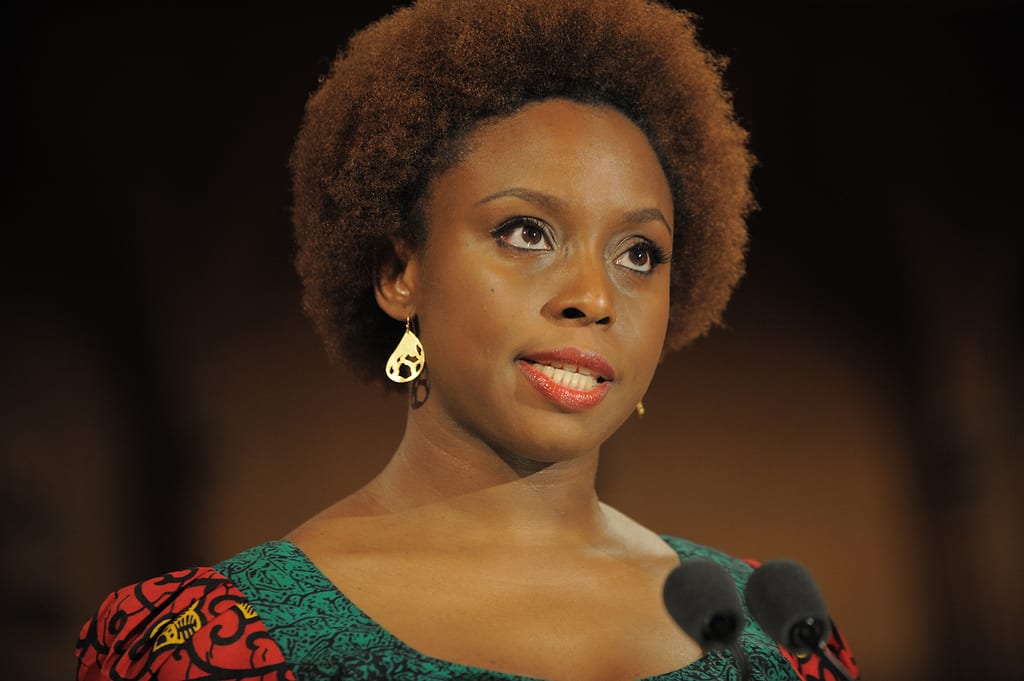
In the XNUMXth century, stories told in installments on a Sunday were triumphant, in the XNUMXth century the culture of the best-seller prevailed and in the XNUMXst century the Internet and new technologies have allowed the electronic book to become a clear competitor to paper. Different supports, alternative ways of conceiving literature but something that always prevails: the love for lyrics whose evolution will be even more altered in the coming years. A reality that, among some experts and an author's own reflections, casts these 5 prophecies about the future of books and literature.
The author will be the star
When the internet lends sufficient tools for a writer to create, publish and disseminate a work, the ability to succeed thanks to a profile gives greater possibilities to the role of author compared to the times when publishers were the only filters. An idea that, although it is still attractive, also faces the reality of a cloud full of published works and books where the capacity for selection (and competition) is also much greater. And that is where the author, your ability to sell, to publish content related to his work and to stand out plays (and will play) an important role above the work itself.
The loss of the pure reader
The Spanish editor Constantino Bértolo once said that «reading had traditionally been one of the few places where, escaping from the bustle and material urgencies, the reader could have the joyous sensation of living far from the madding crowd«, Something that no longer happens since, in the middle of reading, the interruption of an Instagram or LinkedIn alert on our smartphone becomes more necessary than annoying. This leads to the dispersion of the reader's attention, which, added to the amount of information currently available on the Internet, will cause a greater inability to devote full time to reading a book without distractions, concentrating on the words, immersing oneself in others. worlds.
Greater globalization

Nigerian writer Chimamanda Ngozi Adichie, one of the best exponents of the new wave of African writers.
For centuries, the West had a monopoly on art and literature, forcing its colonized countries to reject their own culture, hence a hundred years ago we did not know what the experience of an African arrived in the United States or the reality of one of the countries was like. many women from a Senegalese harem, to give two examples.
The explosion of an increasingly multicultural world will allow us to continue discovering new stories that for centuries they remained captive by bloody dictatorships, ignorance, imperialism or censorship to liberate themselves, especially with regard to the African countries where "the condemned of the Earth" lived, or links of post-colonization, to whom in on more than one occasion authors such as the Kenyan Ngũgĩ wa Thiong'o.
DRM suppression
Known as DRM (digital rights management) has become the ally of many publishers when it comes to encrypting the content of an ebook that cannot be printed or shared as a way to fight piracy. The problem comes when so much protection translates into fewer copies sold due to the inability to read a file on different media, perhaps the main reason why the take-off of the e-book has been slower than expected.
The elimination of DRM in a digitized world could be paramount, while the new achievements in digital printing inks or even the model of roll-up electronic paper they would provide more effective anti-piracy measures.
The transmedia narrative
The adaptation of literature to the digital world It began with the insertion of links, after illustrations or infographics, and currently there are many experts working on new ways of telling stories, one of them being the transmedia narrative. The ability to enhance storytelling interactively relying on other artistic media could be the universal response of an increasingly segmented literature in which the relationships between authors and readers are closer and immediacy or the visual component play a determining role in narrative forms.
The future of books and literature It remains somewhat uncertain, although the trends and changes that have occurred in recent years already give indications of the behavior of the future reader, of the media, of piracy and protection, but above all of a universal factor: that of continuing to count. and discovering exciting stories.
Of course, perhaps under the requirement of silencing our smartphone.
What do you think of the future of books and literature?
